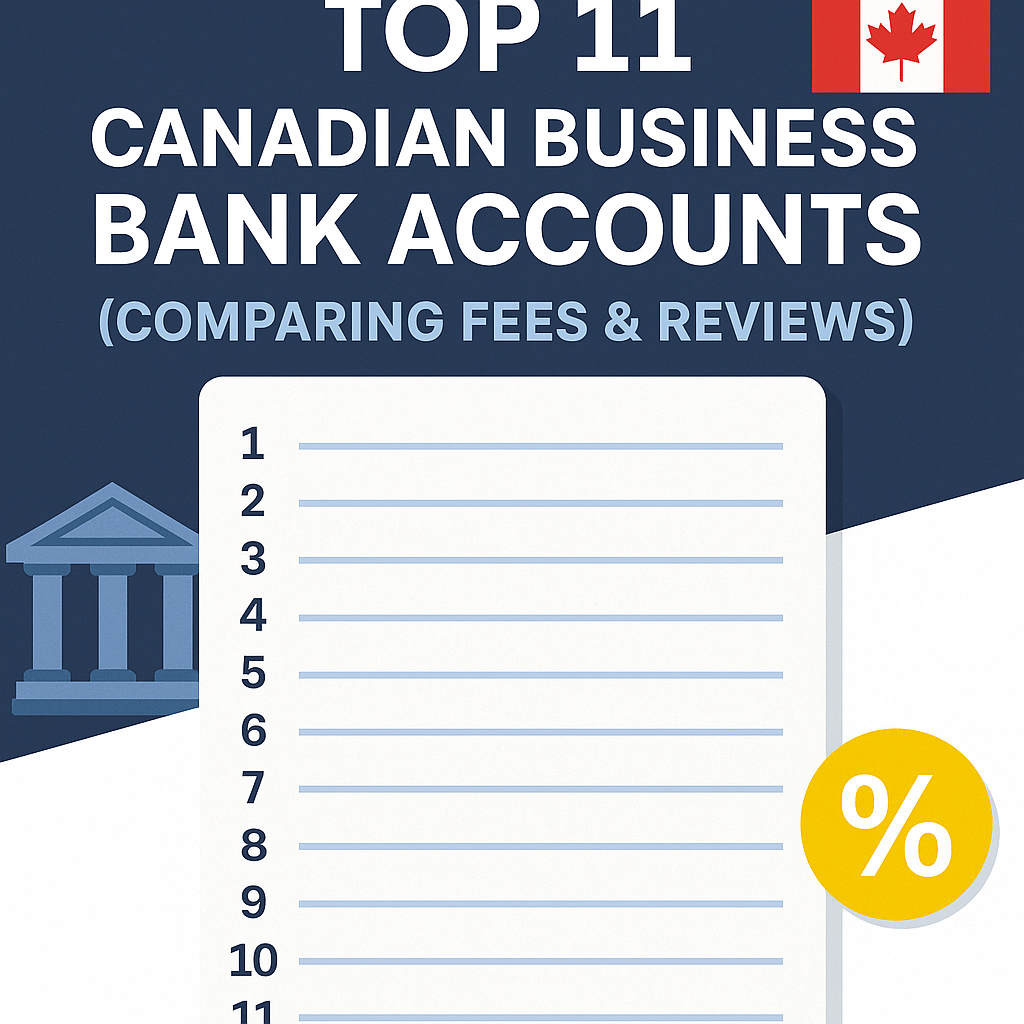GOOGLE ADS MANAGEMENT
ALL SERVICES- GRAPHIC DESIGN & BRANDING
➥ WEBSITE DESIGN TORONTO
➥ TORONTO LOGO DESIGN
➥ BROCHURE GRAPHIC DESIGN
➥ INFOGRAPHIC DESIGN
➥ BUSINESS CARD DESIGN
➥ PACKAGE DESIGN TORONTO
➥ ILLUSTRATION DESIGN
➥ ADVERTISING POSTER DESIGN
➥ BRANDING STRATEGY & SERVICES- ➤ VIEW ALL SERVICES
WEB DEVELOPMENT & SUPPORT
➥ CUSTOM WEB DESIGN TORONTO
➥ ECOMMERCE WEBSITE DESIGN TORONTO
➥ WEBSITE MAINTENANCE SERVICES
➥ SHOPIFY WEBSITE DESIGN
➥ SHOPIFY EXPERTS TORONTO
➥ WORDPRESS DEVELOPMENT
➥ WORDPRESS MAINTENANCE- ➤ VIEW ALL SERVICES
WEBSITE MARKETING & CONTENT
➥ SEO PACKAGES TORONTO
➥ TORONTO SOCIAL MEDIA AGENCY
➥ CONTENT MARKETING TORONTO
➥ PPC MANAGEMENT TORONTO
➥ AFFILIATE MARKETING CANADA
➥ STRATEGIC CONSULTATION- ➤ VIEW ALL SERVICES
ABOUT
RESOURCES- LET’S CHAT
Questions? Call us at
647-348-4995

GOOGLE ADS MANAGEMENT
ALL SERVICES- GRAPHIC DESIGN & BRANDING
➥ WEBSITE DESIGN TORONTO
➥ TORONTO LOGO DESIGN
➥ BROCHURE GRAPHIC DESIGN
➥ INFOGRAPHIC DESIGN
➥ BUSINESS CARD DESIGN
➥ PACKAGE DESIGN TORONTO
➥ ILLUSTRATION DESIGN
➥ ADVERTISING POSTER DESIGN
➥ BRANDING STRATEGY & SERVICES- ➤ VIEW ALL SERVICES
WEB DEVELOPMENT & SUPPORT
➥ CUSTOM WEB DESIGN TORONTO
➥ ECOMMERCE WEBSITE DESIGN TORONTO
➥ WEBSITE MAINTENANCE SERVICES
➥ SHOPIFY WEBSITE DESIGN
➥ SHOPIFY EXPERTS TORONTO
➥ WORDPRESS DEVELOPMENT
➥ WORDPRESS MAINTENANCE- ➤ VIEW ALL SERVICES
WEBSITE MARKETING & CONTENT
➥ SEO PACKAGES TORONTO
➥ TORONTO SOCIAL MEDIA AGENCY
➥ CONTENT MARKETING TORONTO
➥ PPC MANAGEMENT TORONTO
➥ AFFILIATE MARKETING CANADA
➥ STRATEGIC CONSULTATION- ➤ VIEW ALL SERVICES
ABOUT
RESOURCES- LET’S CHAT
Questions? Call us at
647-348-4995

GOOGLE ADS MANAGEMENT
ALL SERVICES- GRAPHIC DESIGN & BRANDING
➥ WEBSITE DESIGN TORONTO
➥ TORONTO LOGO DESIGN
➥ BROCHURE GRAPHIC DESIGN
➥ INFOGRAPHIC DESIGN
➥ BUSINESS CARD DESIGN
➥ PACKAGE DESIGN TORONTO
➥ ILLUSTRATION DESIGN
➥ ADVERTISING POSTER DESIGN
➥ BRANDING STRATEGY & SERVICES- ➤ VIEW ALL SERVICES
WEB DEVELOPMENT & SUPPORT
➥ CUSTOM WEB DESIGN TORONTO
➥ ECOMMERCE WEBSITE DESIGN TORONTO
➥ WEBSITE MAINTENANCE SERVICES
➥ SHOPIFY WEBSITE DESIGN
➥ SHOPIFY EXPERTS TORONTO
➥ WORDPRESS DEVELOPMENT
➥ WORDPRESS MAINTENANCE- ➤ VIEW ALL SERVICES
WEBSITE MARKETING & CONTENT
➥ SEO PACKAGES TORONTO
➥ TORONTO SOCIAL MEDIA AGENCY
➥ CONTENT MARKETING TORONTO
➥ PPC MANAGEMENT TORONTO
➥ AFFILIATE MARKETING CANADA
➥ STRATEGIC CONSULTATION- ➤ VIEW ALL SERVICES
ABOUT
RESOURCES- LET’S CHAT
Questions? Call us at
647-348-4995

GOOGLE ADS MANAGEMENT
ALL SERVICES- GRAPHIC DESIGN & BRANDING
➥ WEBSITE DESIGN TORONTO
➥ TORONTO LOGO DESIGN
➥ BROCHURE GRAPHIC DESIGN
➥ INFOGRAPHIC DESIGN
➥ BUSINESS CARD DESIGN
➥ PACKAGE DESIGN TORONTO
➥ ILLUSTRATION DESIGN
➥ ADVERTISING POSTER DESIGN
➥ BRANDING STRATEGY & SERVICES- ➤ VIEW ALL SERVICES
WEB DEVELOPMENT & SUPPORT
➥ CUSTOM WEB DESIGN TORONTO
➥ ECOMMERCE WEBSITE DESIGN TORONTO
➥ WEBSITE MAINTENANCE SERVICES
➥ SHOPIFY WEBSITE DESIGN
➥ SHOPIFY EXPERTS TORONTO
➥ WORDPRESS DEVELOPMENT
➥ WORDPRESS MAINTENANCE- ➤ VIEW ALL SERVICES
WEBSITE MARKETING & CONTENT
➥ SEO PACKAGES TORONTO
➥ TORONTO SOCIAL MEDIA AGENCY
➥ CONTENT MARKETING TORONTO
➥ PPC MANAGEMENT TORONTO
➥ AFFILIATE MARKETING CANADA
➥ STRATEGIC CONSULTATION- ➤ VIEW ALL SERVICES
ABOUT
RESOURCES- LET’S CHAT
Questions? Call us at
647-348-4995
![]()
![]()
![]()

- January 19, 2020
-
Liam Hunt
Whether you’re a small e-commerce vendor, a budding brick and mortar business owner, or a digital marketing agency, the last thing you want to happen to your online brand is a Google penalty. If Google flags you with a penalty, it’s going to seriously hurt your website’s search engine rankings, tank its visibility, and take away from your sales.
Most businesses that rely on generating high web traffic can’t afford to get hit with a Google penalty. At this point, the questions we’re often asked are: what are Google penalties, and how can I prevent Google penalties?
The second question has an easy answer: don’t commit black-hat SEO. The first question, however, is a bit more complicated. So, let’s unpack it for a minute so you can stay clear of these costly penalties and keep your website visible to as many customers as possible.
What’s A Google Penalty?
In short, a Google penalty is an update to Google’s PageRank algorithm that negatively affects a given website’s position on search engine results pages (SERPs). Google penalties can be issued following manual review by a Google employee, or they can arise from algorithm changes that find new websites that have violated Google’s webmaster guidelines.
If you’re lucky enough to own a website that appears on the first SERP, receiving a Google penalty can be a critical blow to your bottom line. Since Google accounts for 93 percent of all web search traffic, having your website drop from the first SERP to the second or third will result in an immediate and dramatic loss of revenue. In other words, Google penalties cannot be ignored.
Black-Hat SEO Tactics to Avoid in 2024
Updates to the Google PageRank algorithm, such as Penguin and Panda, have imposed new rules on website owners. If your website fails to meet Google’s “quality standards,” (i.e., you’ve committed a black-hat SEO offense), then your website’s going to be penalized.
Fortunately for you, we’ve compiled a list of some of the most popular black-hat SEO tactics that you can avoid in 2024 to keep your website visible.
Keyword Violations
If your website has an SEO strategy, you’re probably researching and utilizing keywords in your web content. While this is an excellent tool for promoting visibility for high-traffic keys, it can cost you big-time if you overdo it.
Keyword stuffing occurs when a webpage is loaded with an excessive number of keywords at a high frequency that either (i) appears outside of natural prose, (ii) are out of context, or (iii) are presented in a list.
Keyword violations are among the easiest Google penalties to prevent. Many of them are violations of common sense (i.e, don’t repeat “best baseball gloves” 10 times in the same paragraph), and never repetitively stuff a keyword more than a dozen or so times in a single article.
Bad Link-Building
Building out trustworthy, high-quality backlinks to your web content is one of the most difficult aspects of an SEO strategy. That’s why so many website owners resort to black-hat link-building tactics to either cheat or buy their way to a link.
Although purchasing do-follow links to web content was once a widely practiced and legitimate SEO technique, those days are gone. Google’s caught on to this trick, and now heavily penalizes websites that practice any form of inorganic link-building, including:
- Writing promotional guest posts
- Collecting links on blog networks
- Spamming links on comment sections
- Buying paid links without a no-follow attribute
Having No Security Certificate
In 2024, there’s no excuse for your website not to have an HTTPS security certificate. This is especially true if you operate an e-commerce store, where shoppers are entrusting you with their sensitive financial information.
A basic secure sockets layer (SSL) certificate is a crucial part of HTTPS, which proves to your visitors that your website is using a protocol that secures their data via encryption. If your domain is lacking a security certificate, your website won’t appear with a little green lock icon next to its URL, which is a deal-breaker for many risk-averse shoppers. Plus, Google always prefers cryptographically secured websites.
Republishing or “Scraping” Content
You can’t parrot information or content that’s already found elsewhere on the internet. Whether you’re republishing or rewriting content that already appears online, Google will likely flag you for it. For your website to perform well under its PageRank algorithm, you must produce 100% original, valuable content that isn’t a mere reproduction of one or more existing articles.
You Haven’t Disavowed Low-quality Backlinks
Google doesn’t like it when “low-quality” websites (i.e., adult, gambling, or spam sites) link to your website. If you find any such website linking to your content, you can disavow low-quality backlinks via Google’s Search Console, which converts them to no-follow links.
Conclusion: Stay Clear of Black-Hat SEO Techniques
SEO can make or break your business. That’s why it’s better not to take chances or make risky decisions by employing black-hat SEO techniques. Instead, stick to the tried-and-true method of SEO success: making value-added content that your readers love.
There are many SEO myths that are hurting your rankings and your bottom line. For instance, many webmasters falsely assume that they can purchase do-follow links with impunity—however, Google goes to great lengths to ensure that anything that manipulates their PageRank algorithm is worthy of penalizing.
Don’t let this discourage you from trying out new digital marketing tips and tricks, but be aware that lazy or manipulative content is going to hurt your business. As a content producer, it’s always in your interest to create high-value, useful content that your customers or readers can’t help but share with their network—that is, and always has been, the secret to SEO success.
Liam Hunt, M.A., is a writer and digital marketing specialist whose writing has appeared in the Vancouver Sun, Asia Times, and US News and World Report.
RECENT POSTS
- Top 11 Canadian Business Bank Accounts (Comparing Fees & Reviews)
- PolicyMe – Legit Canadian Insurance Policy? Let’s Review…
- 10 Small Business Loans & Financing Options in Ontario
- Top 8 Small Business Insurance Providers in Canada (2025)
- SCAM ALERT: How a Fake Google Ads Inquiry Nearly Got Us (And How to Protect Yourself)

Ready to chat about how Little Dragon Media can enhance your business?
Call us now at 647-348-4995 or

OUR AWARDS & CERTIFICATIONS






WHAT OUR CLIENTS ARE SAYING



Little Dragon Media's professionalism and commitment to delivering excellence are truly commendable. I highly recommend their services... Thank you for your stellar work!
- Delna Bharucha

Little Dragon Media worked on developing our logo and website. They did an absolutely AMAZING job on both projects. These guys ROCK and you won't be disappointed.
- Sonia Nutt

My team had a great experience working with Little Dragon Media. We will certainly engage with Little Dragon Media for any additional projects in the future. Highly recommend!
- Carly Rooney



- 682A St-Clair West Toronto, ON M6C 1B1
- (647)-348-4995
- info@littledragon.ca
MOST POPULAR SERVICES
RECENT POSTS
GET MORE CLIENTS
Don't let your competitors take over. We'll help you climb to the top and get more clients.



- 682A St-Clair West Toronto, ON M6C1B1
- (647)-348-4995
- info@littledragon.ca
MOST POPULAR SERVICES
RECENT POSTS
GET MORE CLIENTS
Don't let your competitors take over. We'll help you climb to the top and get more clients.

Contact | Press Mentions | Privacy Policy | Terms of Service
© 2024 Little Dragon Media. All Rights Reserved.






